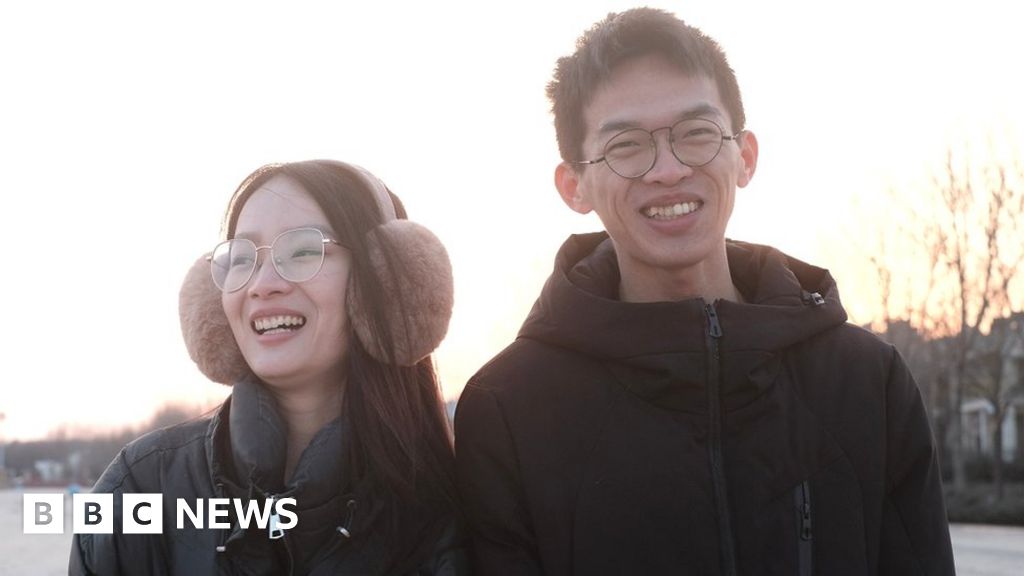“I’ve had one, two, three, four… five jobs in the last few months,” says Joy Zhang, a 23-year-old graduate.
She counts them on her fingers as she walks through a line of stalls at a local food market in Chengdu, a city in south-west China’s Sichuan province.
“The fact is there are lots of jobs, the problem is whether you are willing to lower your expectations,” she adds, before turning to negotiate a price for snow pea shoots.
Joy’s experience is not unusual in today’s China, where there are more graduates than employers that need them. Out of her class of 32, only around a third have found full-time jobs since graduating in the summer.
More than one in five people between the ages of 16 and 24 are jobless in China, according to official data from August 2022. The government has not released youth unemployment figures since then.



Yet they want people to have more children.
many asian nations have the same problem - they have a large aging population. old people are less likely to work, less likely to be a reliable tax-base. old people require a lot of care - and that costs. it costs money, time, and resources - a young person caring for an old person is a young person not in the factory making products.
hence the desire to have a +% in population growth. without that, in ~30 to 40 years, China will lose about half of it’s population. most asian countries are in the same boat. Japan has it even worse since they modernized earlier/faster.